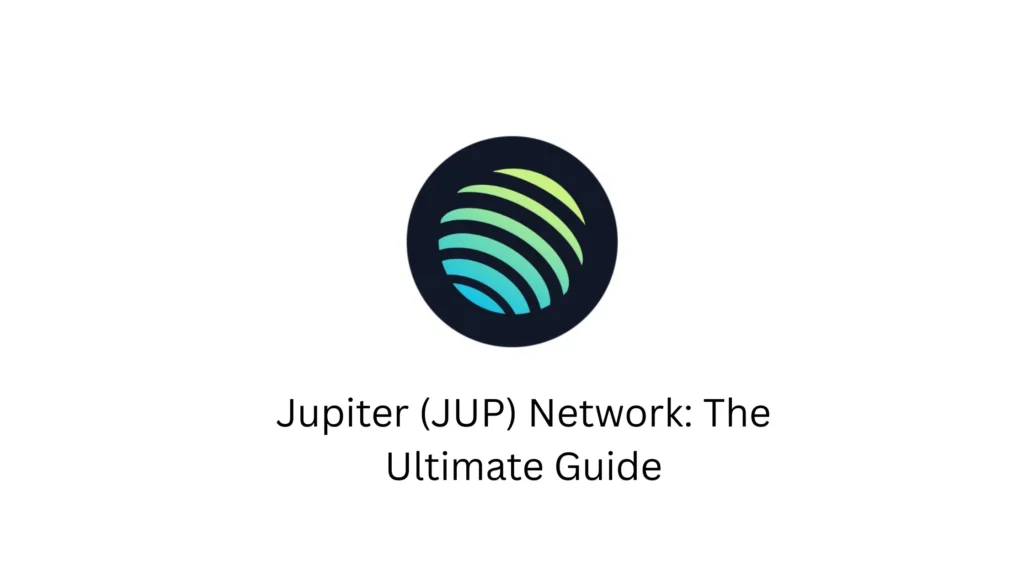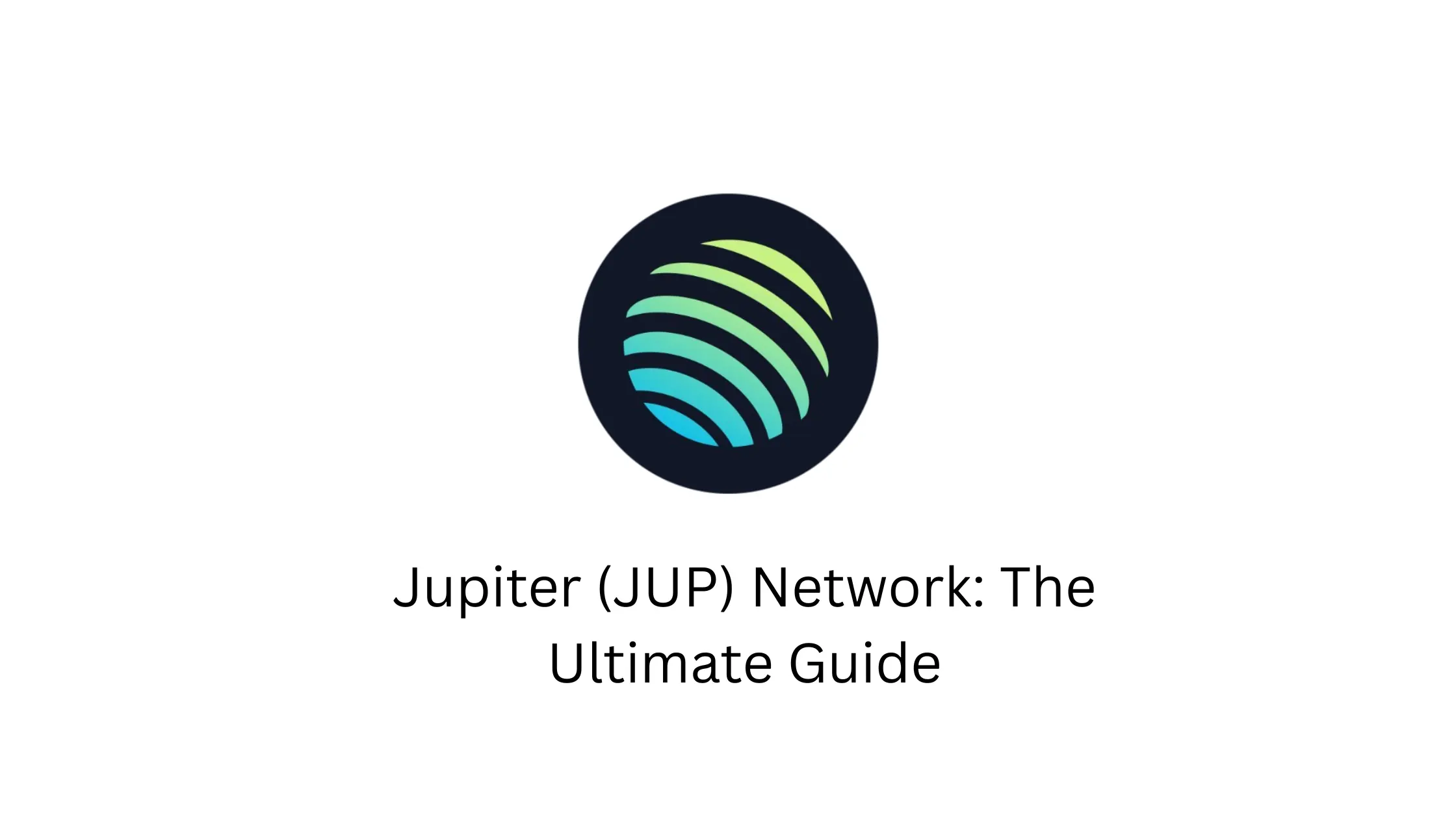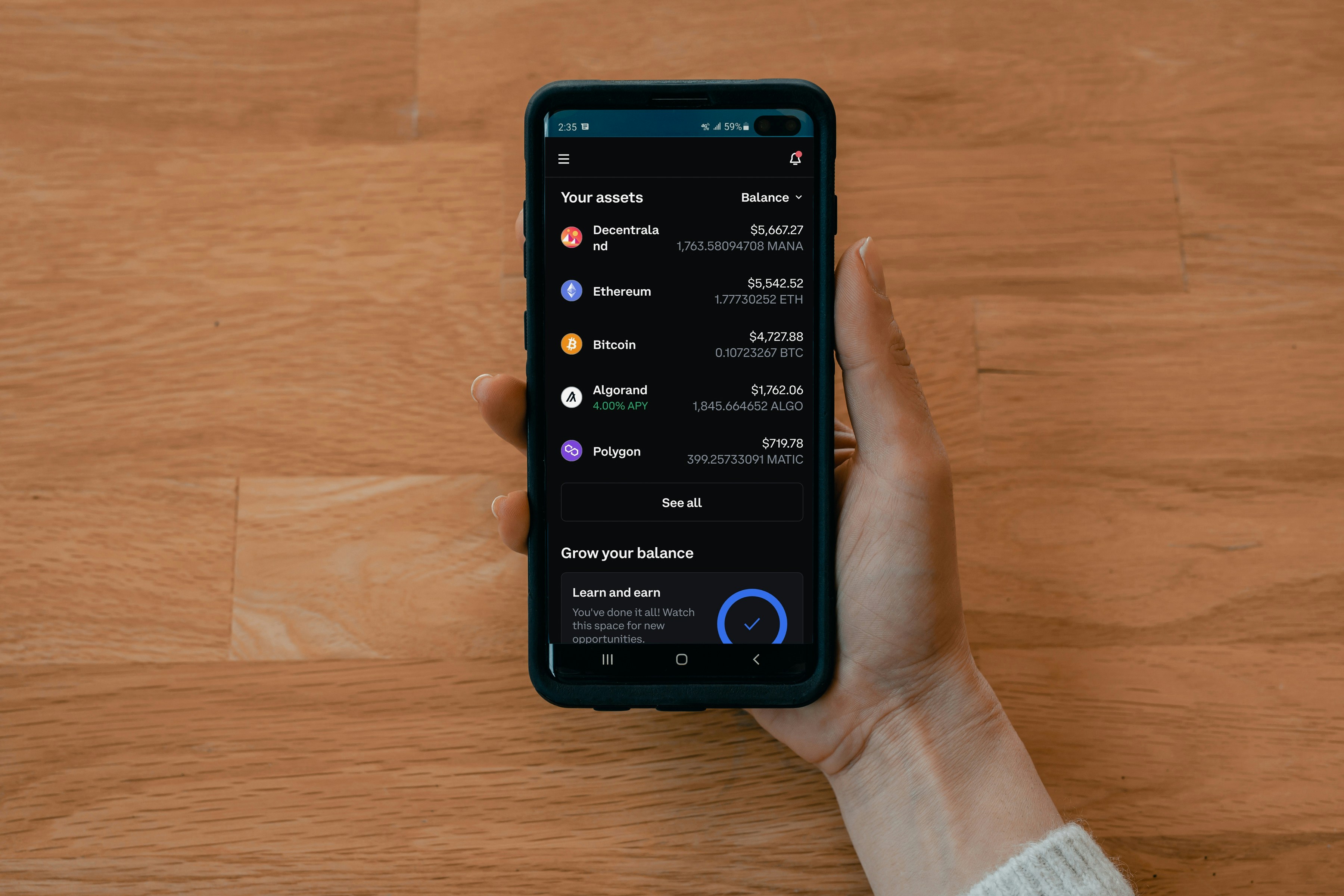Introduction
In the ever-expanding world of decentralized finance (DeFi), Jupiter Network has carved a significant niche as Solana’s top decentralized exchange (DEX) aggregator. Far beyond a simple swap platform, Jupiter delivers seamless, efficient, and cost-effective trading experiences by routing your trades through the best liquidity pools on Solana. With its native JUP token powering governance, staking, and rewards, Jupiter is quickly becoming a one-stop ecosystem for Solana DeFi users, traders, and investors alike.
This comprehensive guide dives deep into what Jupiter is, how its ecosystem functions, the ways you can earn by staking JUP or participating in its Launchpad, and why Jupiter remains a cornerstone of Solana’s DeFi landscape.

1. What is Jupiter Network?
At its core, Jupiter is a decentralized exchange aggregator on the Solana blockchain. It intelligently routes swaps across multiple liquidity sources—such as Serum, Raydium, and Orca—to ensure users get the best prices with minimal slippage and lightning-fast transaction speeds. By aggregating liquidity rather than relying on a single DEX, Jupiter delivers consistently optimal trade execution.
Since its inception, Jupiter has expanded into a multi-faceted DeFi platform, offering:
- Instant swaps with the best available rates
- Limit orders to automate your trading strategies
- Perpetual futures with up to 100x leverage for advanced traders
- Cross-chain bridge comparison tools to move assets efficiently
- Liquid staking solutions (JupSOL) for earning staking rewards with flexibility
- Launchpad services for token launches and community participation
With over half of the daily DEX volume on Solana passing through Jupiter, the platform is a critical infrastructure piece for Solana’s DeFi users.
2. The JUP Token: Governance, Staking & Utility
The JUP token, launched in early 2024, is the backbone of the Jupiter ecosystem. With a capped total supply of 10 billion tokens, JUP serves multiple functions:
- Governance: Token holders can participate in platform decisions through Jupiter’s decentralized autonomous organization (DAO). Although DAO voting is paused as of 2025 to restructure governance, JUP holders retain future voting rights.
- Staking: Users can stake JUP tokens to earn yields and voting power. Staking encourages long-term commitment and network security.
- Incentives: JUP powers rewards distributed via the platform, including Active Staking Rewards (ASR), community airdrops, and launchpad incentives.
- Liquidity: JUP is also used to provide liquidity for trading pairs across Solana DEXs.
The token allocation is balanced between community rewards, liquidity provisions, team reserves, and strategic partnerships, ensuring both growth and sustainability.
3. Jupiter Launchpad: Fueling New Projects
The Jupiter Launchpad—known as the LFG Launchpad—is a platform that empowers emerging projects on Solana to raise capital and build communities. By holding or staking JUP, users gain early access to token sales, exclusive airdrops, and campaign participation.
This Launchpad is a symbiotic ecosystem: new projects get initial liquidity and fan support, while the Jupiter community benefits from exposure to promising tokens and potential early gains.
The Launchpad is carefully curated to maintain quality and deliver real value, avoiding the hype-and-dump cycles that plague many crypto launches.
4. Exploring Jupiter’s Expansive Ecosystem
Jupiter’s ecosystem spans a suite of features designed to accommodate traders of all levels:
a. Swap Aggregator
Jupiter connects all major Solana liquidity pools to ensure you get the best price on token swaps. The smart routing algorithm calculates the most efficient trade path, reducing slippage and fees.
b. Perpetual Futures
For traders seeking leverage, Jupiter offers perpetual futures contracts with up to 100× leverage, enabling amplified exposure to asset price movements while maintaining Solana’s low transaction costs.
c. Bridge Comparator
Moving assets cross-chain is vital in today’s multi-blockchain world. Jupiter’s bridge comparator analyzes multiple cross-chain bridges and suggests the cheapest, fastest, and safest options to transfer assets.
d. Limit Orders and Automation
Automate your trades with limit orders—set your desired entry or exit prices and let the platform execute trades automatically once conditions are met.
e. Liquid Staking (JupSOL)
Stake your SOL tokens directly through Jupiter and receive JupSOL—a liquid staking derivative that accrues staking rewards while remaining tradeable. This offers both yield generation and liquidity flexibility, bypassing the typical lock-up periods.
f. Jupiter Pro
For professional and institutional traders, Jupiter Pro provides advanced analytics, trading tools, and customizable interfaces to optimize complex strategies.
5. How to Earn on Jupiter Network
Staking JUP Tokens
The simplest way to earn on Jupiter is by staking JUP tokens. Users stake via the Jupiter governance portal, locking their tokens to earn passive yield and governance influence. Staking rewards can range between 5% and 15% APY, depending on market conditions and participation.
A 30-day cooldown period applies for unstaking, meaning tokens remain locked for a month after withdrawal request.
Active Staking Rewards (ASR)
Beyond passive staking, Jupiter incentivizes active governance participation through Active Staking Rewards (ASR). Users who vote on proposals receive additional JUP token rewards proportional to their staked amount and engagement level.
The ASR program allocates millions of tokens quarterly to keep the community motivated and governance vibrant.
Launchpad Participation
By holding or staking JUP, users gain preferential access to Launchpad token sales and airdrops. This early participation can translate into sizable returns if the launched projects perform well in the market.
Liquid Staking Yield (JupSOL)
By staking SOL into JupSOL, you earn staking rewards generated by the Solana network validators, minus a small fee, without losing the ability to trade or transfer the token.
6. “My Campaign” — Your Governance and Rewards Dashboard
The “My Campaign” dashboard is your personal command center for managing:
- Staked JUP tokens and voting power
- Active and pending governance proposals
- Earned staking and ASR rewards
- History of governance participation and rewards claims
Even though DAO voting is paused through 2025, the dashboard allows ongoing reward tracking and prepares you for when governance resumes.
7. Why Jupiter is Crucial to Solana DeFi
Jupiter’s unique combination of features makes it indispensable for users on Solana:
- Deep liquidity aggregation lowers slippage and optimizes trade execution.
- Low fees and fast transactions leverage Solana’s scalability to offer near-instant swaps.
- Comprehensive DeFi toolkit including swaps, futures, limit orders, staking, and launchpad services under one roof.
- Strong community incentives ensure token holders have a voice and can benefit from platform growth.
- User-friendly design ensures easy onboarding via popular wallets like Phantom and Glow.
For both casual and advanced users, Jupiter transforms the Solana trading experience into a streamlined, efficient, and rewarding journey.
8. Risks and Considerations
Like any crypto project, Jupiter comes with inherent risks:
- Token Price Volatility: JUP’s market price can fluctuate dramatically, impacting your staking returns.
- Governance Suspension: DAO voting is currently paused, limiting community influence until restructuring completes.
- Unstaking Lockup: The 30-day unstaking cooldown reduces liquidity flexibility.
- Smart Contract Risks: While audited, there remains the possibility of vulnerabilities or exploits.
- Competition: Other Solana aggregators and cross-chain solutions compete fiercely for market share.
Careful risk assessment and ongoing research are essential for Jupiter users.
9. Realistic Earnings: What to Expect
Depending on your engagement level and staking amount:
- Passive staking yields typically range from 5% to 15% APY.
- Active governance participation adds extra ASR tokens, increasing overall yield.
- Launchpad success may generate variable but potentially high returns.
- JupSOL staking offers SOL network rewards with liquidity.
For example, staking 1,000 JUP tokens at 10% APY generates approximately 100 JUP annually, with additional ASR possible through voting.
10. Frequently Asked Questions (FAQs)
What is Jupiter Network?
A decentralized exchange aggregator on Solana, offering optimized swaps, futures, staking, and a Launchpad ecosystem.
How do I stake JUP tokens?
Connect your Solana wallet to the Jupiter governance portal, stake tokens, and start earning rewards with a 30-day unstake cooldown.
What are Active Staking Rewards (ASR)?
Extra rewards distributed to users who actively participate in governance voting.
Can I unstake JUP anytime?
Yes, but there is a 30-day cooldown period before tokens become transferable after unstaking.
What is JupSOL?
A liquid staking token that represents your staked SOL on Jupiter, which can be traded while earning staking rewards.
Is Jupiter safe?
Jupiter is battle-tested with high daily volume and multiple audits, but all DeFi involves some risk.
When will DAO voting resume?
DAO governance voting is paused through 2025, with plans to relaunch in 2026 after governance restructuring.
11. Conclusion
Jupiter Network is a powerhouse of DeFi on Solana, merging liquidity aggregation, advanced trading tools, community governance, and token incentives into a unified ecosystem. Whether you’re a casual swapper, a leveraged trader, or a committed community participant, Jupiter offers practical tools and real earning potential.
With its extensive feature set, robust tokenomics, and active development roadmap, Jupiter is not just shaping the future of Solana DeFi—it is defining it.
If you want to be part of Solana’s next chapter in decentralized trading and governance, Jupiter is your launchpad, your exchange, and your reward engine all in one.




